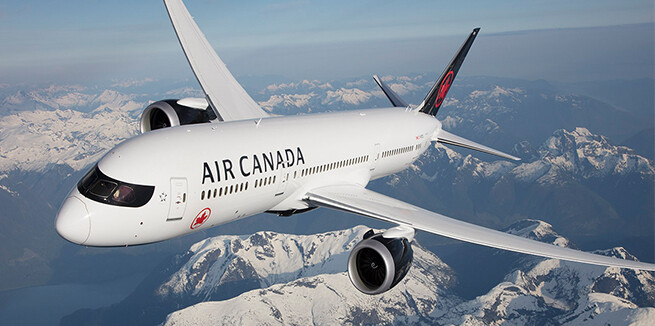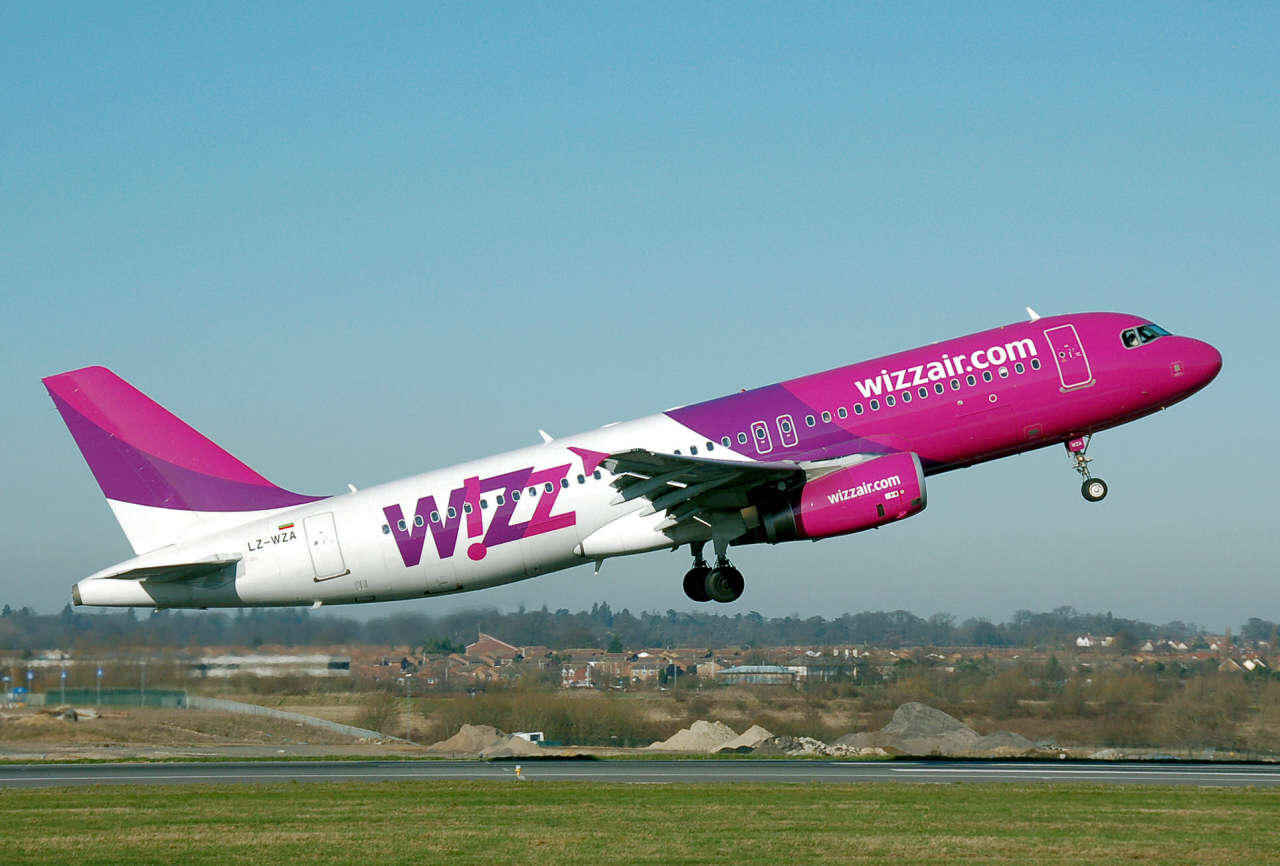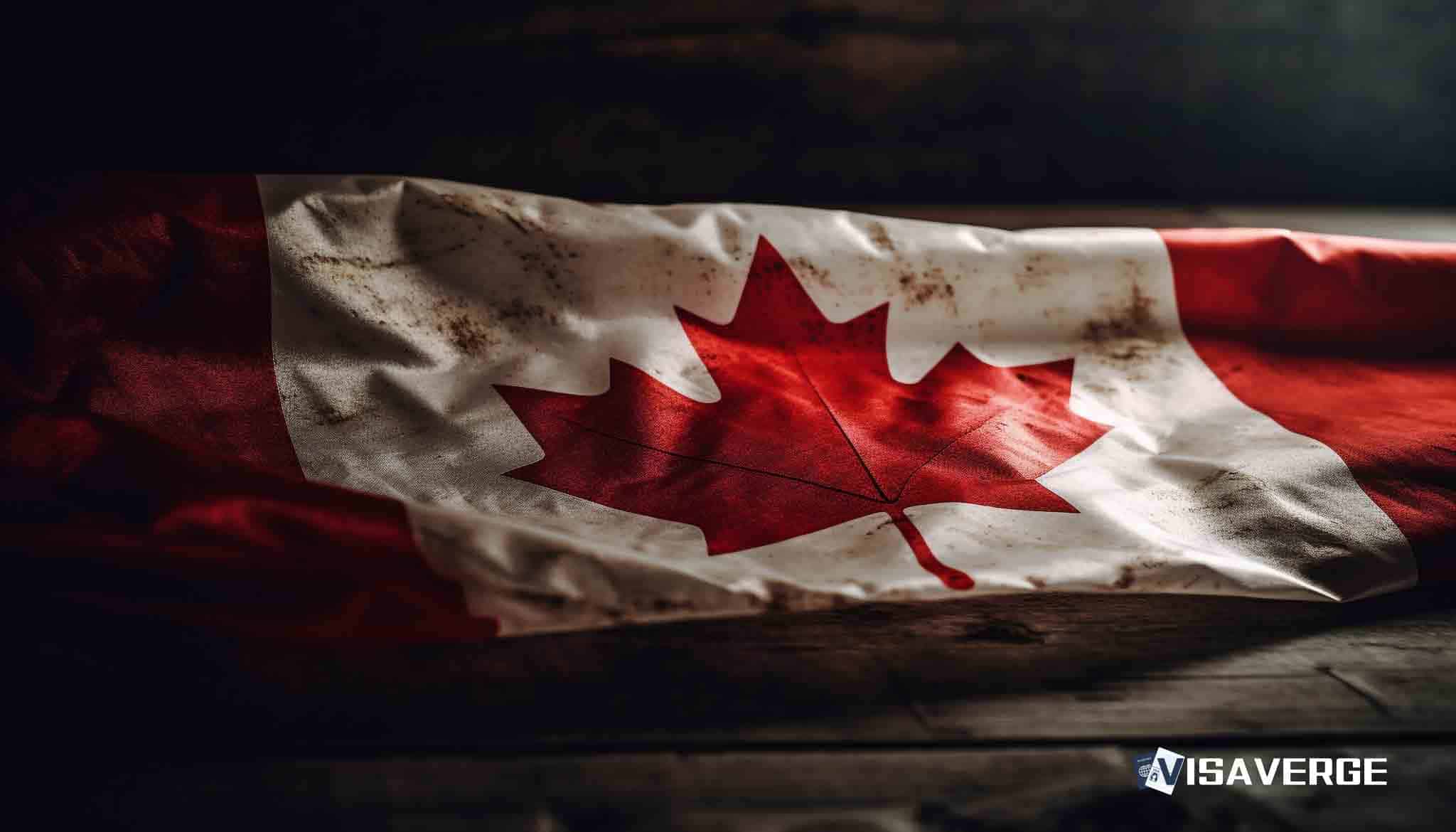Air Canada says its network is back to normal after a week‑long labour disruption in mid‑August that shut down flying across its mainline and Rouge operations, and the airline has rolled out a broader goodwill policy that promises to repay stranded customers for far more than ticket changes.
As of August 22, 2025, the carrier is offering to cover reasonable hotel stays, meals, ground transportation, and other out‑of‑pocket costs tied to the disruption from August 15–23, alongside previously announced free rebooking and reimbursement for alternative transport when the airline could not rebook travelers promptly. The strike by the Canadian Union of Public Employees (CUPE), which represents about 10,000 flight attendants, led to the suspension of all Air Canada and Air Canada Rouge flights on August 16, touched nearly 500,000 customers, and forced 3,169 cancellations out of 6,732 scheduled flights during the period.

How the disruption unfolded and the company response
Service began to return after a mediated settlement on August 19 and moved toward full restoration by August 22, as crews and aircraft returned to position. Air Canada’s leadership has apologized and pledged to “make things right,” emphasizing support for people left away from home mid‑journey. The company also paused its financial guidance for the third quarter and full‑year 2025 because of the operational and financial impact of the shutdown.
Air Canada’s Chief Operations Officer, Mark Nasr, credited the airline’s roughly 40,000 employees with working around the clock to rebuild the schedule, restart aircraft, and reconnect crews. President and CEO Michael Rousseau publicly apologized for the breakdown in service and said the business would prioritize restoring flights and compensating travelers who faced unexpected costs.
On the labour front, CUPE continues to press for wage increases tied to inflation and better pay for ground duties. The Canadian Industrial Relations Board (CIRB) ordered a return to work and imposed binding arbitration to settle the contract.
Important: The CIRB has ordered a return to work and set binding arbitration to resolve the contract between Air Canada and CUPE.
Expanded goodwill policy — what Air Canada will cover
Air Canada’s updated goodwill policy applies to customers whose travel was affected between August 15 and 23, 2025. The airline says it will repay reasonable expenses for those who were away from home and had to cover their own costs while waiting for flights to resume.
Covered expense categories:
– Hotel accommodation
– Meals
– Ground transportation (taxis, rideshare, local transit)
– Other necessary out‑of‑pocket costs tied to the disruption
Key policy details:
– Policy applies to disruptions between August 15–23, 2025.
– Covers the passenger and their traveling party when stranded away from home due to the affected flights.
– Builds on earlier measures: flexible rebooking and reimbursement for alternative transport when the airline could not rebook customers promptly.
– Claims require receipts; processing may take four to six weeks.
Air Canada’s claims and policy details are available at www.aircanada.com/action. Broader travel updates are at www.aircanada.com/media, and general support is at www.aircanada.com. Media inquiries: [email protected].
Why the policy changed
Initially, the airline focused on free rebooking and reimbursements for alternative transport when rebooking wasn’t possible. The expansion announced on August 21–22 recognizes that many travellers incurred extra costs—hotels, food, taxis—while stranded far from home. Analysts (e.g., VisaVerge.com) say the broadened policy raises the bar for how large carriers handle mass cancellations that last beyond a single day.
Eligibility and step‑by‑step claim process
Eligibility:
– You must have had an Air Canada or Air Canada Rouge flight cancelled or facing a major delay during August 15–23, 2025 due to the labour disruption.
– You must have been away from home and paid for hotel, meals, ground transport, or other basic needs.
Documentation required:
– Keep itemized receipts showing date, amount, and description.
– Include original flight number(s) and booking reference.
– If you used alternative transport (another airline, rail, bus, ferry, rideshare), include proof of purchase and a brief explanation why it was necessary.
Submitting a claim (summary):
1. Visit www.aircanada.com/action.
2. Provide flight details and an explanation of the disruption.
3. Upload receipts for each cost.
4. Expect a review time of four to six weeks; missing or illegible receipts may extend processing.
Rebooking and alternative transport:
– Rebooking to Air Canada/Air Canada Rouge remains free, subject to seat availability.
– If rebooking wasn’t possible within a reasonable time during the shutdown, you may claim reimbursement for alternative transport. Include proof of purchase.
Practical tips to keep claims on track
- Use clear, legible copies of receipts. If you only have a card slip, request an itemized receipt from the hotel/restaurant.
- Group documents by traveler; label files (e.g., “S. Kumar—Hotel—Aug 17”).
- Include all flight segments and booking references, especially if rebooked multiple times.
- Keep a short timeline that shows the disruption from start to finish to help agents match receipts with events.
- If you accept a new Air Canada flight, verify the new flight number and date in your booking.
Scale and human impact
Numbers:
– 3,169 cancellations among 6,732 scheduled flights between August 15–22.
– Nearly 500,000 customers affected.
Affected travellers included international visitors, students with move‑in dates, workers returning to jobs, and people travelling for family or medical reasons. Examples of disruption consequences:
– A student budgeting for one night’s stay facing a week of hotel bills.
– A grandparent stranded while travelling to a family event.
– A temporary worker delayed from reaching a job site by a set date.
The airline warned of minor residual disruptions for a few days after the strike due to crews and aircraft being out of position and duty‑time/rest limits needing to be honoured.
Limits, expectations, and common questions
- The policy covers “reasonable” expenses—standard hotel rates, basic meals, and typical local transport. Luxury stays are unlikely to be covered.
- Coverage applies to those away from home during the affected dates. Local residents may not be covered for everyday local expenses unless specified.
- Claims processing: four to six weeks. Respond quickly to requests for more info.
- If you used points for your ticket: reimbursements are for out‑of‑pocket costs only, regardless of how the flight was paid.
- If you traveled with others but paid separately: each traveler should include their own receipts; you may file as a traveling party with clear labeling.
- If you stayed with family instead of a hotel: there is nothing to reimburse for lodging, but meal or transport costs may be eligible with receipts.
- If you are still waiting after six weeks: contact Air Canada via the portal or customer service and confirm no follow‑up documents were requested.
Network recovery and what comes next
Recovery timeline:
– All flying stopped on August 16, 2025.
– Mediated settlement on August 19 began repopulating aircraft and crews.
– Full fleet returned to service on August 21; operations were near normal by August 22.
Why recovery takes time:
– Aircraft and crews were parked or positioned in the wrong places after cancellations.
– Crew duty limits, required rest periods, and maintenance checks affect how quickly normal service resumes.
– Weather and cascading delays can prolong the rebuilding phase.
Outlook:
– Binding arbitration will set the terms between Air Canada and CUPE, influencing pay and working conditions and shaping future labour costs.
– The expanded goodwill policy may encourage other carriers to offer broader support in prolonged shutdowns.
– The real test will be how consistently “reasonable” is applied, how quickly claims are processed, and how well communication holds in future crises.
Practical preparation advice for travellers
- Keep a digital copy of your trip plan (booking references, flight numbers, hotels).
- Save receipts immediately—take photos as backups.
- If you switch to rail/bus/ferry/another airline, document why and include proof of purchase.
- Pack essentials in your carry‑on (medication, chargers, clothes) for a few extra days—especially when travelling with children, older relatives, or those with medical needs.
Final notes and resources
Air Canada’s claims and policy details: www.aircanada.com/action
Media updates: www.aircanada.com/media
Booking and flight status: www.aircanada.com
Canadian Transportation Agency — air travel complaints: https://otc-cta.gc.ca/eng/air-travel-complaints
The network is running again and the claims portal is open. If you were stranded away from home during August 15–23, gather your receipts and file at www.aircanada.com/action. While the immediate strike phase ended, arbitration and recovery work continue—both for operations and for trust with customers.
This Article in a Nutshell
Mid‑August CUPE strike halted Air Canada flights, causing 3,169 cancellations and nearly 500,000 affected. Air Canada now covers reasonable hotel, meal and transport costs for Aug 15–23; submit itemized receipts at www.aircanada.com/action with a 4–6 week review.













